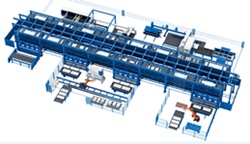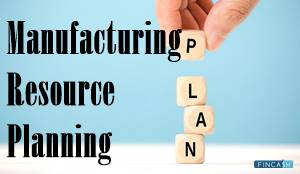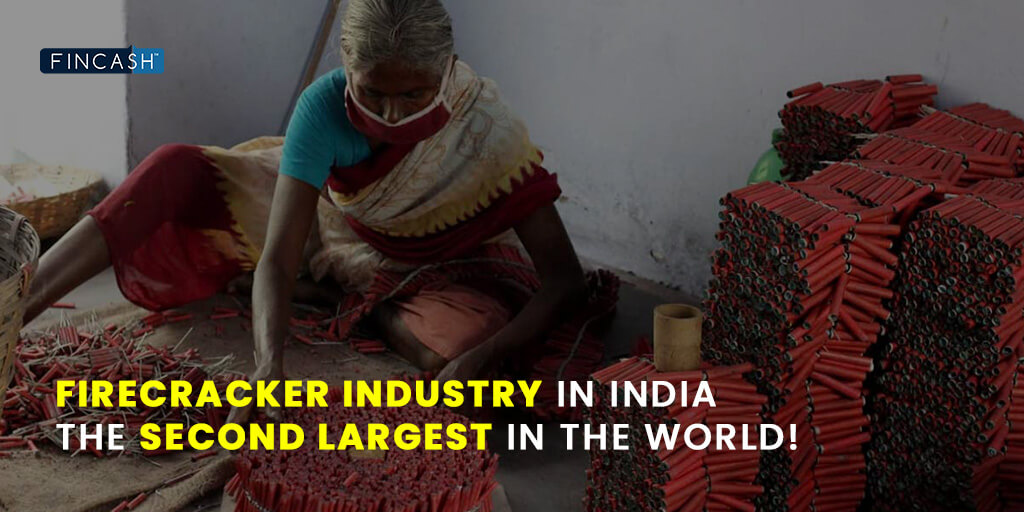
Table of Contents
What is Manufacturing?
Manufacturing definition can be defined as the process of converting Raw Materials into finished products with the help of human labor, machinery, software solutions, tools, equipment, and other processing devices. Mass manufacturing refers to the production of a large volume of products using advanced machinery.

With the help of modern technology and high-quality equipment, the manufacturer produces a large number of goods at low cost. The main purpose of manufacturing is to transform the raw materials into a finished product that could be sold for a higher price than its production cost.
Modern and Traditional Manufacturing Requirement
Manufacturing isn’t a modern process or a new technique. In fact, people have been manufacturing raw materials for centuries. The process, however, has evolved over time. Gone are the days when people would use labor to turn raw materials into the final product. Today, the same task can be carried out with machinery, technology, and the latest manufacturing equipment. A simple example of manufacturing is the production of metal products and furniture with wood and ore. Manufacturing helps convert a product into useful material that has a high value. Now that the finished product has a high value, it can help the manufacturer make a substantial profit. While some people specialize in the manufacturing process, others invest in the manufacturing companies to help manufacturers purchase equipment for the process.
The number of labors and tools needed for manufacturing vary from product to product. Depending on the complexity of the manufacturing process and the value of finished products, a company might decide to automate the entire production task with software solutions. Some products need Labor-Intensive manufacturing. These are hand-made products that involve the traditional manufacturing process. The examples are decorative artwork, textile production, furniture manufacturing, and so on. However, mass manufacturing involves advanced manufacturing tools and modern technology for optimal results. The traditional approach isn’t an effective option for a large volume of products.
Talk to our investment specialist
The History of Manufacturing and the Modern Production Process
The history of mass production dates back to the 19th century (during the Industrial Revolution period). Earlier, the handmade products that involved labors were in high demand. After the launch of steam engines and other effective manufacturing tools, manufacturers started to use machinery for the manufacturing of raw materials. The technology helped manufacturers produce goods at a lower cost. It also made it easier for the production team to manufacture a large volume of products in a short amount of time. Overall, the modern manufacturing process saves time and production costs. While technology has streamlined the manufacturing operation, it isn’t a suitable option for small-scale manufacturing companies.
The high-precision machinery can cost you a fortune. Due to the large Capital investment requirements, many manufacturing firms rely on labors for effective production. The number of labors required for the manufacturing operations has declined over the past few years. While it has become easier to produce a large number of goods, the modern production processes have lowered the labor demand.
All efforts have been made to ensure the information provided here is accurate. However, no guarantees are made regarding correctness of data. Please verify with scheme information document before making any investment.








